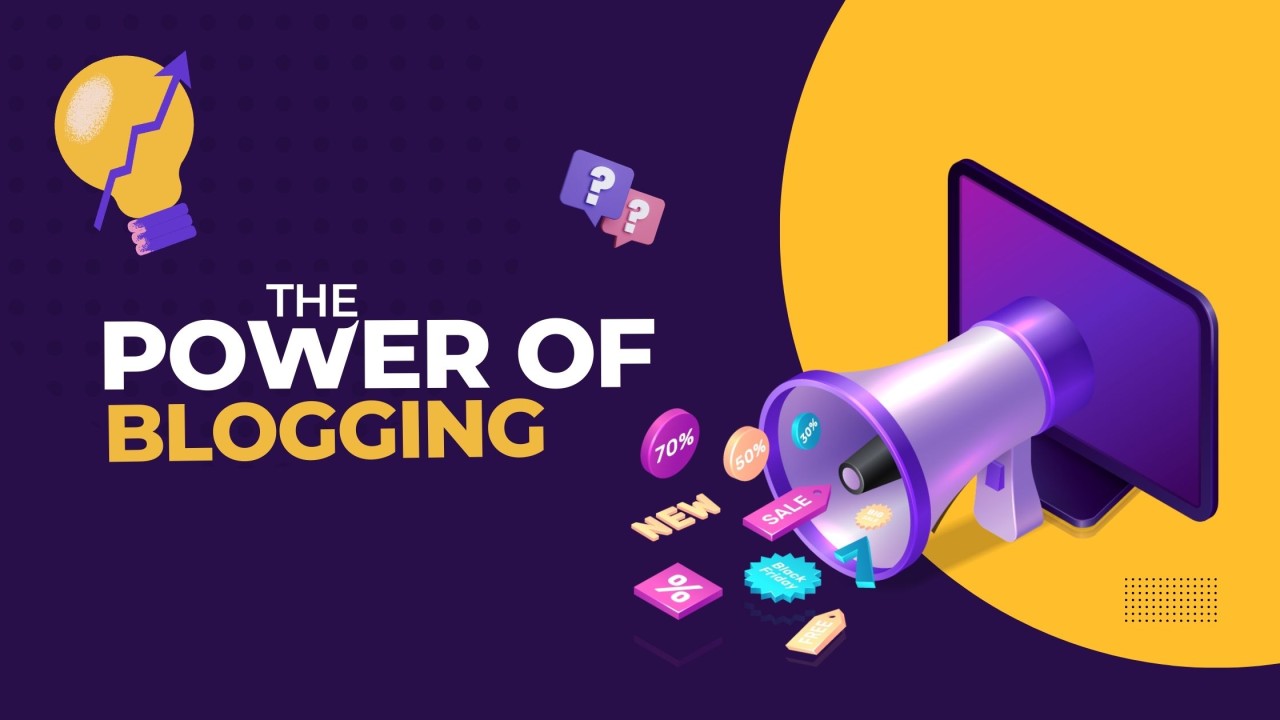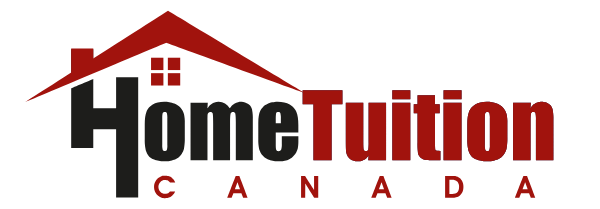Blogging is a powerful tool for both people and companies in the ever-changing digital world. Its capacity to engage, inform, and connect is what gives it its influence.The main benefit of blogging is that it gives websites greater visibility. Search engines favour blogs, which increases organic traffic by strategically using keywords and relevant material. This expands the readership and develops the website as a respected expert in its field.Additionally, blogging promotes a sense of community. Reader trust and credibility are increased through consistent, worthwhile content. Social media sharing and comments deepen this connection, cultivating a devoted following.
The development of evergreen material is an additional appealing feature. The popularity of timeless writings ensures their continued exposure and applicability. This variety of material, which may include podcasts, infographics, and videos, enhances the user experience even more.The dynamic force driving websites forward in the end is blogging. It boosts search engine rankings and cultivates connections with the audience. By utilising the power of blogging, websites may prosper in the online environment and leave a lasting impression on their visitors.
Search Engine Optimisation(SEO) and Blogging
Keywords and Relevance:
In order for blogging to be productive, keywords and relevance are crucial. When people use search engines to find information, they enter certain words or phrases known as keywords. Websites may deliberately match their content to the search terms of their intended audience by inserting relevant keywords into blog posts. By doing this, you not only boost your chances of showing up in search results, but you also guarantee that the material is exactly targeted to the needs and interests of visitors.
The alignment of material with the main concept or goal of a website is another definition of relevance in blogging. A unified and reliable online presence is facilitated by blog postings that are directly connected to the main topic matter. The website's reputation is bolstered by its consistency in content, which establishes it as an authoritative source in its field. In general, optimising the effect and exposure of a website requires the thoughtful insertion of keywords and keeping relevance in blog material.
Backlinks and Authorities:
In the worlds of blogging and search engine optimisation (SEO), backlinks and authority are crucial components. Backlinks are links to a given webpage from other websites. They act as a seal of approval for the accuracy and value of the information. Search engines consider backlinks from reliable sources to be indicators of authority and trustworthiness for a website.
The entire SEO strategy of a website really benefits from these backlinks. They send a message to search engines indicating that the information is reliable and useful, which might result in higher ranks in search results. Additionally, backlinks give consumers a method to find and browse through relevant material.
A website's authority within its field can also be strengthened through the collection of backlinks. The website in issue becomes known as a trustworthy source of information as more reputable websites recognise and cite the material. This increased authority positions the site as a go-to resource for trustworthy and pertinent material in addition to improving exposure in search results.
Engaging your audience
Building Trust and Credibility:
In the world of blogging, developing reputation and trust is crucial. Visitors are more likely to interact with material and do desired activities when they believe a website is trustworthy.Building trust is based on being consistent in giving accurate, trustworthy information. A website becomes known as a trustworthy source of information when it constantly offers high-quality, worthwhile material. The viewer gains a sense of confidence from this dependability, increasing their propensity to revisit for new material.
Building trust requires both transparency and honesty. The trustworthiness of the website is increased by giving clear source attribution, mentioning references, and author information. Additionally, it indicates a dedication to open communication to respond to audience criticism and suggestions in a courteous and helpful way.
A website's reputation can also be strengthened by displaying endorsements, reviews, or testimonials. Visitors' perceptions of credibility are reinforced when they see proof of happy customers or encouraging remarks.
In essence, developing trust and credibility calls for a dedication to quality, openness, and response. An effective foundation for long-term success and audience loyalty is laid when a website is able to establish itself as a trustworthy source.
Encouraging Interaction:
Promoting engagement is a crucial component of successful blogging. It enhances the bond between the website's readership and the community it generates.By aggressively seeking reader feedback and comments, you may promote interaction. Ask for feedback, raise issues, and launch discussions about the material. The website shows that it appreciates the opinions of its audience by immediately and carefully responding to comments.
Integration of social media is yet another effective instrument for communication. When blog pieces are shared on social media sites like Facebook, Twitter, and Instagram, readers are encouraged to interact with the material and express their opinions to a larger audience. For updates and further insights, tell readers to follow the website's social media profiles.
Hosting competitions, polls, or surveys based on blog material may also be a fun way to involve readers. It not only promotes engagement but also offers insightful feedback on the topics and presentation styles that readers find most engaging.
In the end, a website may develop a lively community of interested readers by actively seeking and appreciating audience participation. This not only improves the user experience but also raises the probability of returning customers and enduring loyalty.
Long Term Value and Evergreen Value
Evergreen Content:
Articles, blog entries, and other types of material are referred to as "evergreen content" if they maintain their value and relevance over time. Evergreen content is useful to readers long after it has been published, unlike time-sensitive or trend-based material.
These articles provide lasting knowledge that addresses enduring issues or persistent interests in a particular area. Users continue to seek them out, which sustains organic traffic and propels them to the top of search engine results pages.
Focusing on core ideas, guiding principles, or timeless guidance is necessary to produce material that will endure over time. It frequently entails offering in-depth explanations, lessons, or guidelines.
Websites may become recognised as authoritative resources in their domains by devoting time and effort to creating information that is timeless. This material serves as a solid basis, drawing in a regular stream of visitors and preserving an important presence in the online environment.
Expanding Your Content Portfolios:
A clever way to vary the kinds of material available on your website is to increase the scope of your content portfolio. In addition to increasing user interaction, this increases your appeal to a larger audience.
Aside from textual blog entries, think about include different multimedia components like movies, podcasts, infographics, and interactive tools. Your information will be more approachable and interesting thanks to these formats, which accommodate various learning preferences and styles.
While podcasts provide customers a quick method to get information on the move, videos may offer engaging visual explanations. Complex information is distilled into aesthetically appealing representations in infographics. Users can be actively engaged in the information by using interactive tools like quizzes, calculators, or surveys.
The potential for it getting viral and reaching a wider audience is further increased by the great shares of multimedia material on social media platforms.By broadening your content offerings, you improve user experience while also establishing your website as an insightful and reliable authority in your field. With this strategy, your audience remains interested and keeps returning for new and interesting material.
Conclusion
Regular blogging is an effective strategy for increasing traffic to your website. Your internet visibility may be greatly improved by using efficient SEO techniques, engaging your audience, and producing evergreen content. By continually adding value to your audience, you not only build credibility and trust but also establish your website as a go-to source in your industry. Take use of the power of blogging to see your website's visibility rise in the online world.










